FLAT 10% OFF ON YOUR FIRST ORDER. USE IVER10
Acnesol Gel 1%
Price range: $20.00 through $50.00
Acnesol Gel, powered by clindamycin phosphate, is a targeted topical antibiotic designed to fight bacterial acne at its root. It works by eliminating Propionibacterium acnes, the key bacteria responsible for inflammatory breakouts, while calming redness and reducing swelling. This dermatologist-recommended gel offers rapid relief for mild to moderate acne and is suitable for all skin types. With consistent twice-daily use, visible improvement is often seen within 2–4 weeks, with full skin clarity achievable by 8–12 weeks. The non-comedogenic, quick-absorbing gel makes it easy to integrate into both morning and evening skincare routines. Trusted worldwide, Acnesol Gel is available at Ivermectins.com with fast global shipping to the US, UK, Australia, and beyond. Order now from your trusted online pharmacy and restore your skin’s balance with confidence.
- Buy 2 and get Flat 15% Off. Use B2SAVE15
- Buy 3 and get Flat 20% Off. Use B3SAVE20
Acnesol Gel (Clindamycin) – Antibacterial Acne Treatment
Acnesol Gel is a topical antibiotic formulation containing clindamycin phosphate, specifically developed to combat bacterial acne. This medical-grade gel targets Propionibacterium acnes, the primary bacteria responsible for inflammatory acne breakouts. Unlike conventional acne treatments, Acnesol Gel penetrates deep into pores to eliminate acne-causing bacteria while reducing redness and inflammation. Dermatologists recommend applying a thin layer to clean, dry skin twice daily for optimal results. While initial improvements may appear within 2-4 weeks, complete clearance typically requires 8-12 weeks of consistent use. The non-comedogenic gel formulation is suitable for all skin types and can be incorporated into both morning and nighttime skincare routines.
Uses of Acnesol Gel:
- Treatment of inflammatory acne vulgaris
- Management of bacterial skin infections
- Prevention of acne breakouts
- Reduction of acne-related inflammation
Benefits of Acnesol Gel:
For Inflammatory Acne: Acnesol Gel’s antibacterial action directly targets the root cause of acne breakouts. By inhibiting bacterial protein synthesis, it effectively reduces existing lesions while preventing new ones from forming. Clinical studies show significant improvement in inflammatory lesions (papules and pustules) with regular use. The gel formulation is particularly beneficial for oily and combination skin types as it helps control excess sebum production without over-drying.
Side Effects of Acnesol Gel:
Common side effects (typically mild and temporary):
- Localized dryness or peeling
- Mild skin irritation or redness
- Occasional gastrointestinal discomfort
- Temporary skin sensitivity
Serious side effects like severe diarrhea or allergic reactions are rare but require immediate medical attention.
How to Use Acnesol Gel?
- Cleanse skin with mild, non-abrasive cleanser
- Pat skin dry completely
- Apply pea-sized amount to entire affected area
- Gently massage until fully absorbed
- Use morning and evening unless directed otherwise
- Follow with oil-free moisturizer if needed
How Acnesol Gel Works?
It contains clindamycin phosphate which converts to active clindamycin in the skin. As a lincosamide antibiotic, it inhibits bacterial protein synthesis by binding to the 50S ribosomal subunit. This bacterostatic action specifically targets P. acnes while reducing inflammatory mediators that contribute to acne lesions.
Safety Advice:
- Pregnancy: Generally safe when prescribed
- Breastfeeding: Consult physician before use
- Sun Exposure: Use sunscreen as may increase photosensitivity
- Other Medications: Avoid combining with erythromycin
- Skin Care: Discontinue if severe irritation occurs
What If You Miss a Dose?
Apply the missed dose as soon as remembered unless it’s nearly time for the next scheduled application. Maintain regular intervals between doses and never apply extra gel to compensate.
FAQs:
Q1. Can Acnesol Gel be used with other acne treatments?
Yes, it’s often combined with benzoyl peroxide (in separate applications) or retinoids, but space applications by several hours to minimize irritation. Always consult your dermatologist before combining treatments.
Q2. How long until I see results from Acnesol Gel?
Initial improvements typically appear within 2-4 weeks, with optimal results after 8-12 weeks of consistent twice-daily use. Complete clearance may take 3-6 months for severe acne.
Q3. Is Acnesol Gel suitable for sensitive skin?
Yes, the gel formulation is generally well-tolerated. However, sensitive skin types should start with once-daily application and gradually increase to twice daily as tolerated.
Q4. Can I use makeup with Acnesol Gel?
Yes, apply makeup after the gel has fully absorbed (wait 10-15 minutes). Choose non-comedogenic, oil-free products to avoid pore clogging.
Q5. Why must treatment continue after acne clears?
Continued use prevents bacterial regrowth and new breakouts. Most dermatologists recommend maintenance therapy for 3-6 months after clearance.
Q6. Does Acnesol Gel help with acne scars?
While it doesn’t directly treat scars, by preventing new inflammatory lesions it reduces the likelihood of post-inflammatory hyperpigmentation and scarring.
| Pack Size | 3 Tubes, 6 Tubes, 9 Tubes |
|---|

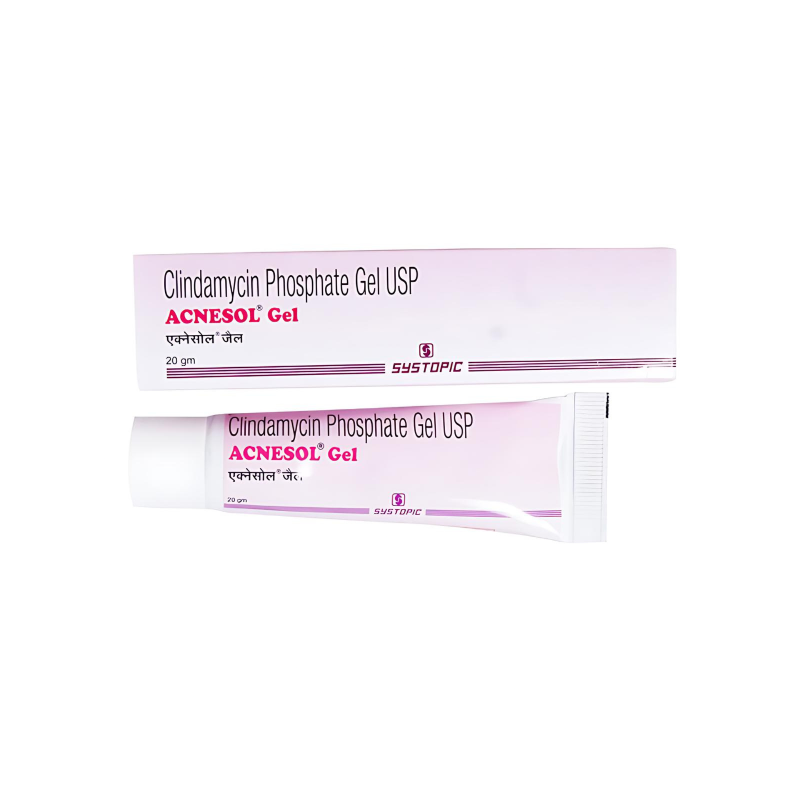
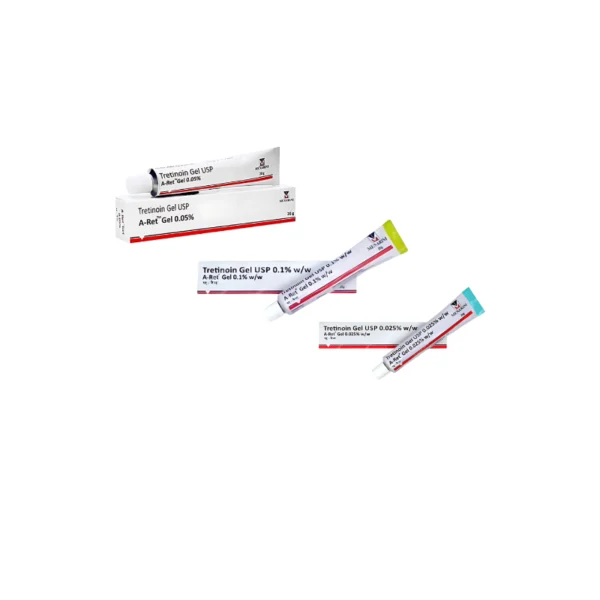
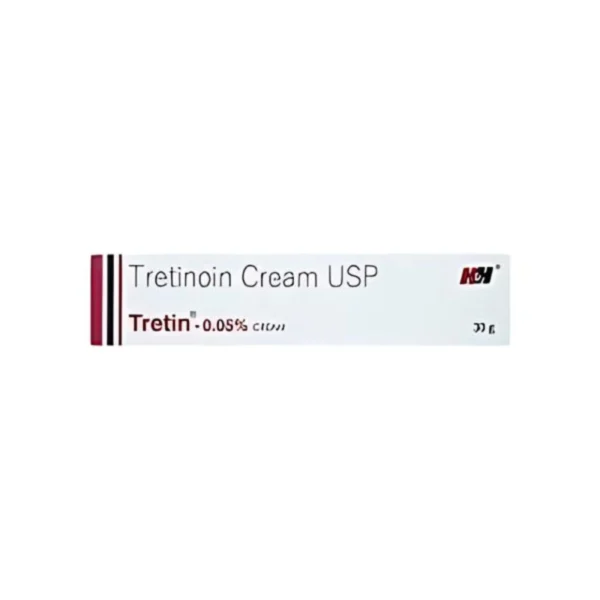

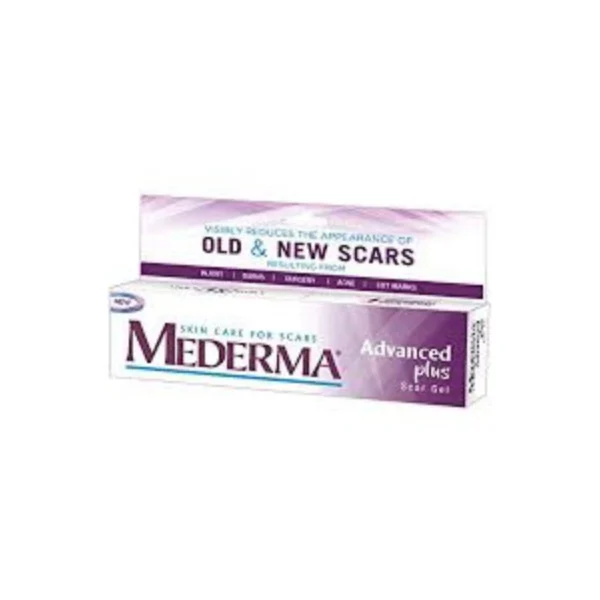
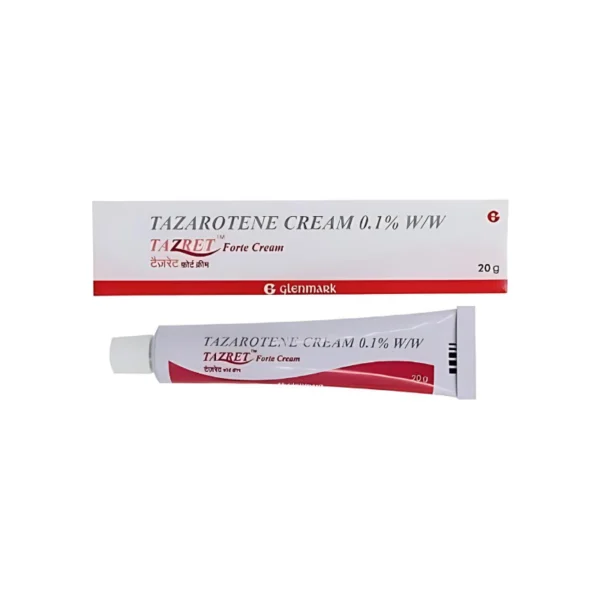
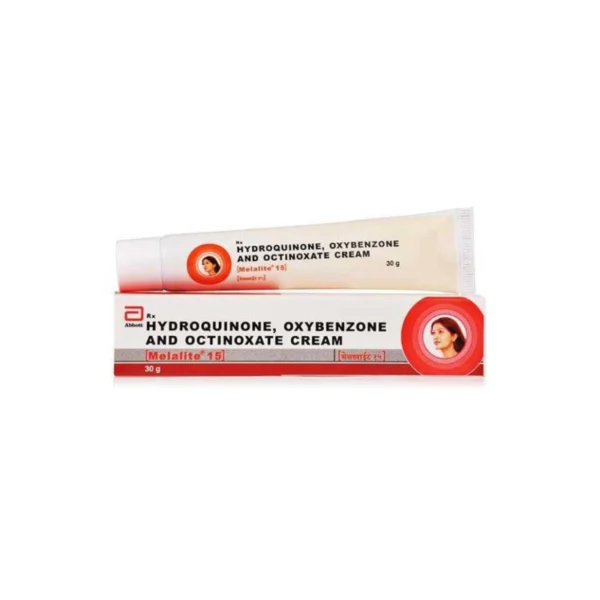
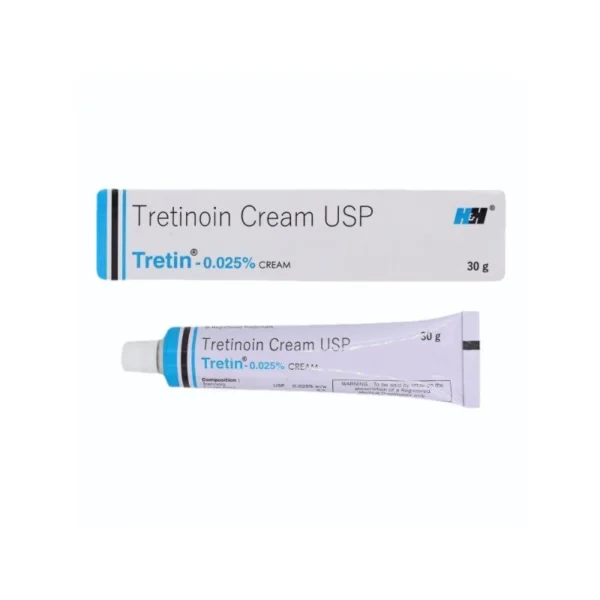
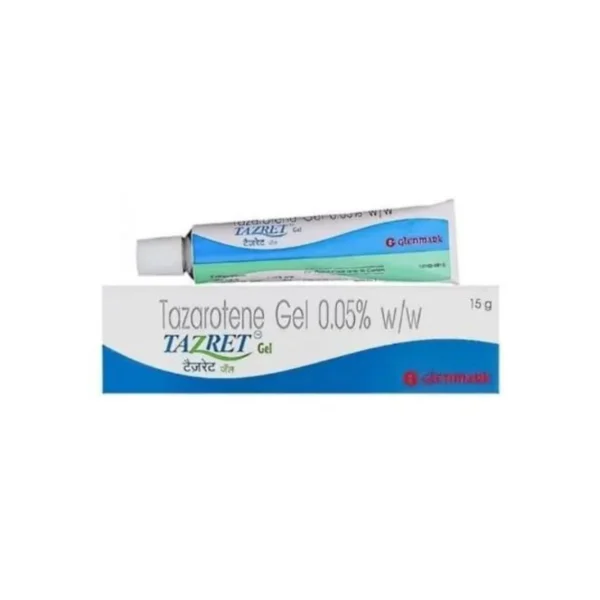
Reviews
There are no reviews yet.